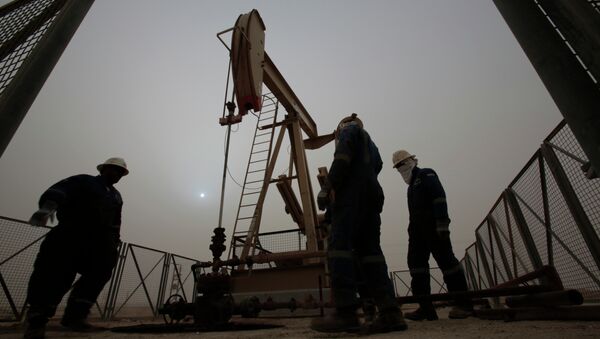“Technology has become more prevalent around the world, and an access to oil or gas has now become much more prominent, and so interruptions in certain particular areas of the world are less likely to have an immediate impact or an immediate shock to the system,” McConnell, currently the head of Rice University's Energy and Environment Initiative, said in an interview.
McConnell stressed that reductions in global oil price dependency are good for both global stability and general security.
“By virtue of that, all the global pricing began to come up, and got to a tipping point not long ago where high prices were not sustainable because now there is access in many places all over the world. So, when it happens typically then that’s when pricing will change and it has. It’s dropped down,” McConnell concluded.
Market oversaturation has sent global oil prices down by about 50 percent since last summer. OPEC opted out of cutting its collective output levels in November, further deepening the slump in oil prices.



